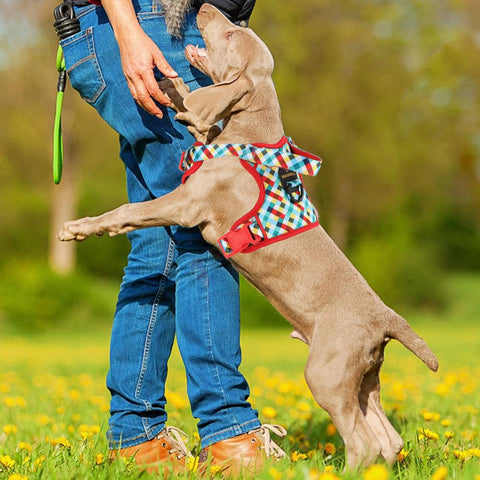
Welcoming a new canine friend into your home is an amazing privilege. Though all we want to do is give a loving home to a deserving pup, there are a few things to consider throughout the searching process. You want your new furry family member to be around for years to come, making it so important to ensure their health at time of adoption. So how can you do this?
In this article we’ll discuss the questions you should ask when adopting a puppy or dog, and help you make the best decision on your future furry friend!
